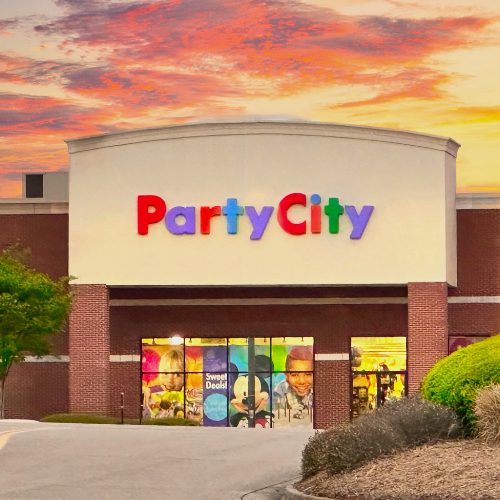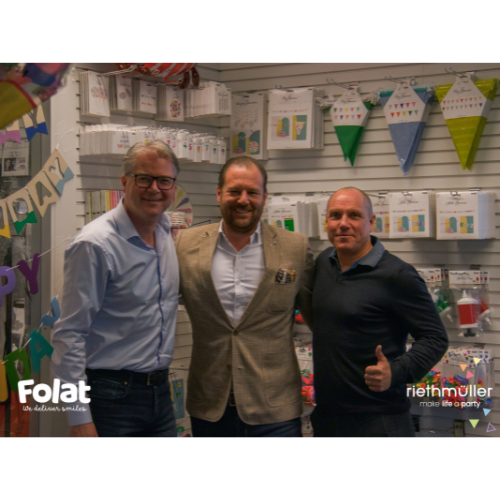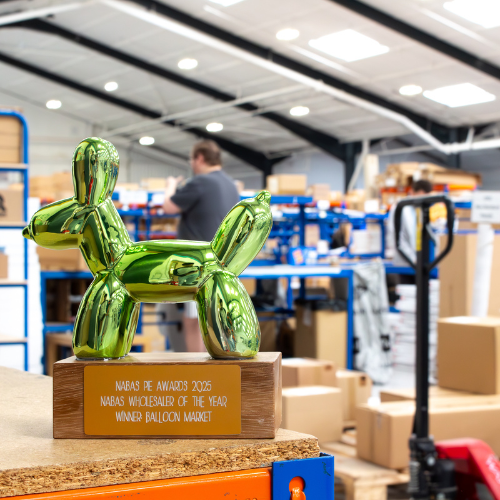Tracey Cooper is director at partyware company Neviti. Here’s her take on the recent focus on single-use plastics and the challenges that creates.
“Whatever your views on the environment, the debate around single-use plastic rages on and shows no sign of stopping anytime soon. Most of us would agree that images which appear regularly on our TV screens and in our newspapers of the ocean littered with plastic bags and our beautiful beaches covered with washed up plastic bottles are heart-breaking.
Something clearly needs to be done. But the party industry is filled with single-use, disposable items so what can we do to help reduce the impact on the environment whilst still trading successfully and profitably?
This is the dilemma which faces each of us and as producers, wholesalers and retailers of these products I do believe we have a duty to be aware of the environmental impact of the items we place on the market. Wherever possible we should do something to lessen that impact wherever we can.
I have recently had the good fortune to work closely with one or two of our customers who are themselves considering how they can reduce packaging waste and improve the recyclability of their product range. It’s great to see that media and public pressure is having an impact and influencing the buyers’ choices long before any legislation, which tends to take a long time to come in and can be difficult to interpret and enforce.
Moving away from single-use plastic is an obvious and easy change and we are seeing a switch from these types of products to paper alternatives such as paper straws, paper party bags and wooden cutlery. While these products still have some environmental impact, this should be less than using plastic items. It might not be a magic fix, but I still believe that doing something is always better than doing nothing.
At Neviti we have also been pleasantly surprised to find that many of the plastics used in our packaging are in fact recyclable, including the soft packaging wraps on cups and plates and the plastic windows on our boxed products.
We are not going to stop people using disposable products and nor would we want to; our entire industry is built upon it after all. But we must all embrace the challenge and do what we can –doing nothing is no longer an option.”























